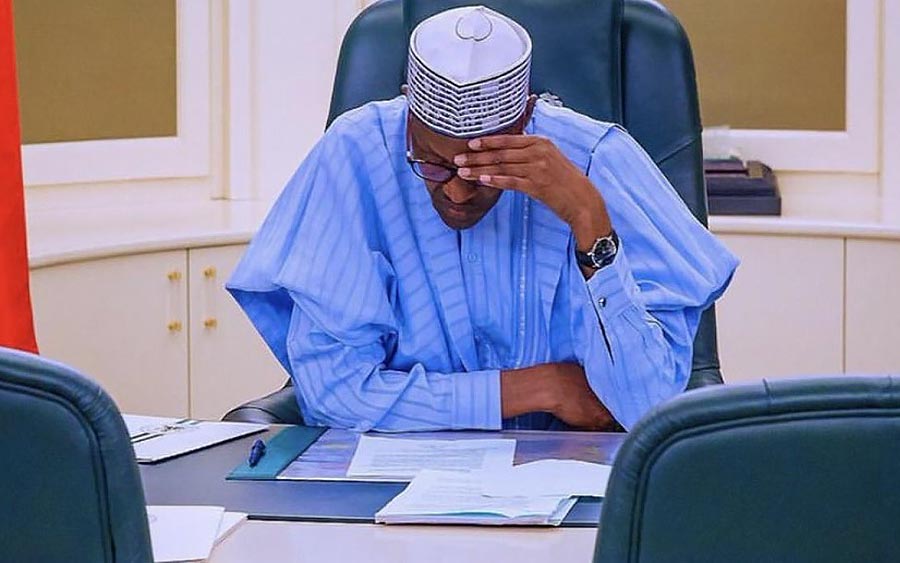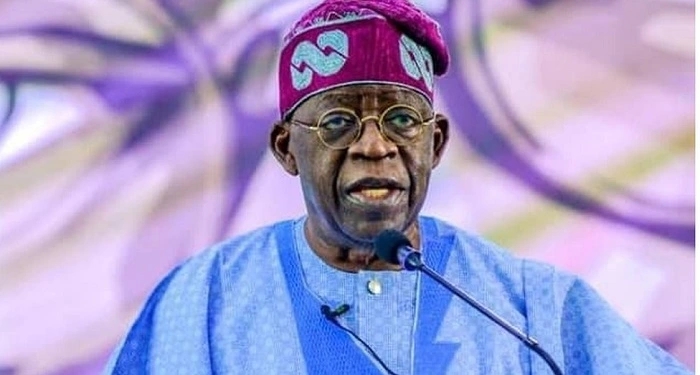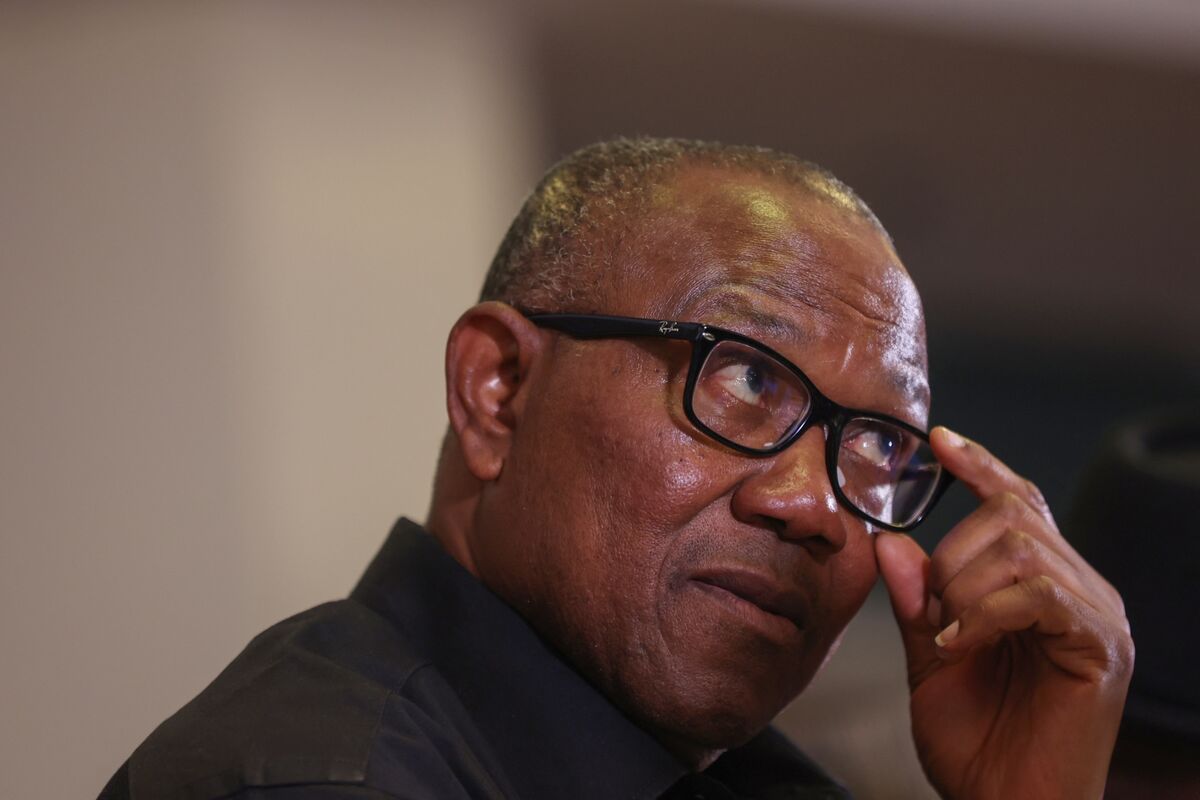The 2023 electoral cycle has just been concluded in Nigeria. Citizens have elected a president, various governors and representatives that will manage the affairs of the country for the next four years. Millions of Nigerians made their choice on governance of their country, some are exploring the appropriate channels to see redress, but ultimately, the aim is to chart the course for the next phase of the nation’s development.
As a human resource professional, I am always looking out for how HR principles are applicable in other areas of life outside organisations. During this election season, it became clear to me that citizens, in fact, are HR managers who are responsible for selection from a pool of applicants, who are best suited to oversee the business of managing our country.
When senior managers and executives resign or retire, the HR team is immediately called upon first to help manage their exit and then immediately work on bringing in a successor. Some organisations encourage the exiting staff to recommend a replacement whom the HR department would interview to ensure that they are fit for the job and an embodiment of the corporate ethos of the organisation, or they cast the net wide to attract potential talents who can take over the role.
In Nigeria, we witnessed instances where current officials provided recommendations on who should replace them. We also had prospective candidates who stepped forward to demonstrate their capacity to lead the country, the states or represent the people in the National and State assemblies. Citizens, in their capacity as HR managers who are responsible for conducting the interviews and identifying the best candidate, were understandably passionate in advocating for their various choices.
Indeed, if our electoral system actually works along this HR management model, this development can help increase public trust in government institutions. For instance, only 35% of Nigerians trust in government against 66% of the population`s trust in business in 2023. Adoption of HR management principles analogous to those in private companies by both government institutions and citizens has a potential to improve the trust issue.
The above idea is feasible in practice — HR management and elections have a lot in common by default. This includes talent acquisition and subsequent measurement of key performance indicators. Like HR managers, citizens have reviewed potential candidates, shortlisted them and the final poll of successful candidates are now awaiting their offer letters which will be handed over on May 29th. But does our job end there?
Perhaps the more important role we must play as citizens in our role as human resource managers is performance measurement. It is our core responsibility as HR managers to oversee the match between the elected officials and public needs. In business, resource-savvy organisations conduct periodic performance evaluations to check how well an employee is contributing to the business sustainability. It is a strategic task of an HR manager to identify adequate performance metrics (those the employee is able to work up to in their position) and monitoring algorithms. Analogously, citizens should understand what results they expect from government officials, rationality of these expectations and workable accountability mechanisms.
To track performance of government officials, we as citizens should create a certain system for it, utilise our rights and means at hand. Similarly as in progressive companies, resourceful employees would rather assist HR managers by proactively advising how frequently they would like to undergo performance reviews and what feedback channels work best for them. In governance, it should be a two-way street as well.
As responsible citizens acting in our capacity as HR managers, we are tasked to compare what officials promised in the pre-election programs and what they are actually delivering to the country or their state. Sometimes it happens that potential candidates embellish their CVs, so an HR manager has to ensure that the onboarded candidate fully justifies their skills. And if the employee is equally interested to prove their value, they will side with an HR manager and stay accountable without reminders and pushes. To get this synergy in governance, office holders should definitely be open to wilful accountability, but can they really do it if we as citizens don`t set key performance indicators (KPIs) for them?
Someone may oppose this idea and observe that it is barely viable in Nigeria because there are scarce feedback channels for citizens to appraise public officials. However, if we smartly use the ones we already have, we would still be able to appraise KPIs that would help us decide if to reward their performance with a re-election or a recall. For example, we have official social media handles of the office holders and periodic town halls meetings on different governance levels. Voicing out our expectations on effective governance and our vision on sustainable development of the nation, we will help the new recruits have better clarity on our expectations. And like HR managers evaluate an employee’s potential by their ability to adapt to the corporate standards before extending or terminating the contract, citizens will better decide if to re-elect the officials or part ways after their first term.
When we approach elections as a business contract between citizens and candidates, as well as a consistent assessment of this contract through the HR management model, there is a great potential to increase the effectiveness of governance and eliminate existing trust issues. Are we ready to embark on this quest on both sides?

About the author
Similolu Adeyinka is a seasoned HR Management and Consulting expert with over 25 years’ experience in setting up, managing and improving human resource systems and processes for organisations across various sectors of the economy in Nigeria and the UK. Currently the Deputy General Manager, Corporate Services at FIRST EPDC, Similolu shares her vast knowledge of sustainable HR management as a strategic HR consultant for SMEs to help companies seamlessly attract, retain and manage talents.





















